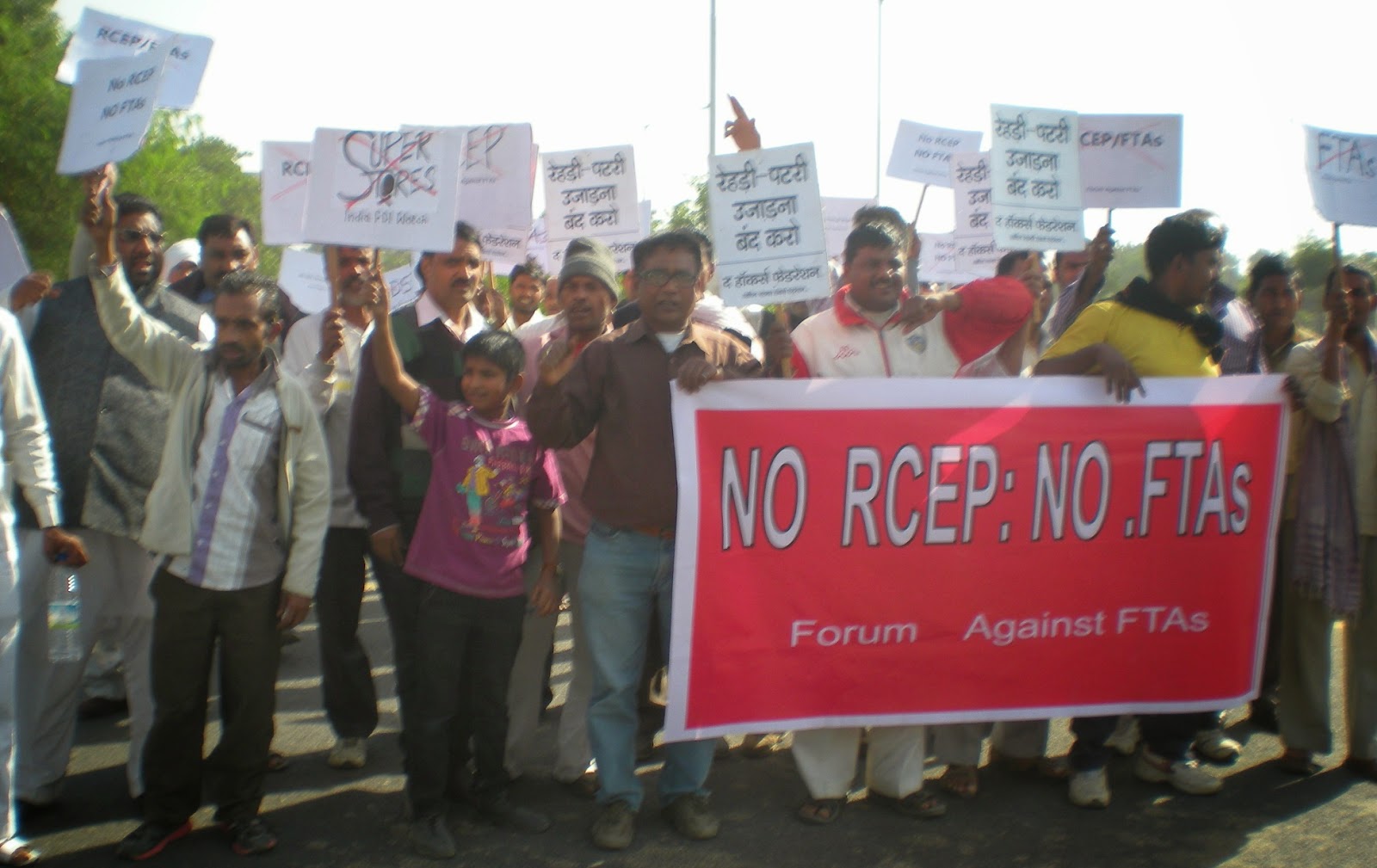Asean pushes for liberalised trade pact with India
The Daily Star | 29 January 2018
Asean pushes for liberalised trade pact with India
by Pallab Bhattacharya
The members of the Association of Southeast Asian Nations have mounted pressure on India for clinching a liberalised pact in goods and services also involving six other countries, including China, by this year.
New Delhi, however, remained wary and continued to press for a balanced and mutually beneficial agreement.
The pact, known as the Regional Comprehensive Economic Partnership (RCEP) involving ten Asean and six East Asian countries, has been under negotiations for the last few years.
The agreement is aimed at carving out an integrated market comprising nearly half the world’s population and one-third of the global GDP.
The differences between India and Asean were apparent in the summit-level meeting between the two sides here on Thursday.
Many Asean leaders, including Singapore Prime Minister Lee Hsien Loong, termed the RCEP as “a historic opportunity to create the world’s largest trading bloc”.
“This pact represents a historic opportunity to establish the world’s largest trading bloc, enabling our businesses to harness the region’s true potential,” Loong said.
Preeti Saran, external affairs secretary of India, told a media briefing after the summit that the RCEP was a common refrain of the Asean leaders who wanted to move forward with the negotiations on the pact. However, Indian Prime Minister Narendra Modi expressed the hope for a balanced outcome that will be mutually beneficial to all parties, Saran added.
Indian officials acknowledge they expected major gains from India’s engagement with Asean countries, which have 644 million in total population and a combined GDP of $2.7 trillion. Taken together, India and Asean have a $5 trillion economy, the third largest in the world after the US and China.
From this point of view, India and Southeast Asia are very crucial for each other, said Arvind Panagariya, a professor of Columbia University. Two-way trade between India and Asean rose to $71.6 billion in 2016-17 from $65.1 billion in 2015-16, a hike of 10 percent. By contrast, trade between China and Asean is miles ahead at $452.31 billion in 2016. China’s exports to the Asean nations totalled $256 billion, according to the Confederation of Indian Industry data.
India and Asean have implemented free trade agreement but it has not had the desired effect of realising the full potential of trade between them, according to experts.
India’s fear about cutting many import tariffs as demanded by the Asean countries stems from duty-free access to Chinese goods, leading to swamping of Indian market at the cost of domestic industries.
India wants Asean to further open up its services sector, especially mobility issues and provision of work visas for Indian professions as a trade-off with Asean, said an Indian official. “Since the RCEP covers goods, investment, and services, we need a satisfactory outcome on services too,” he said.






